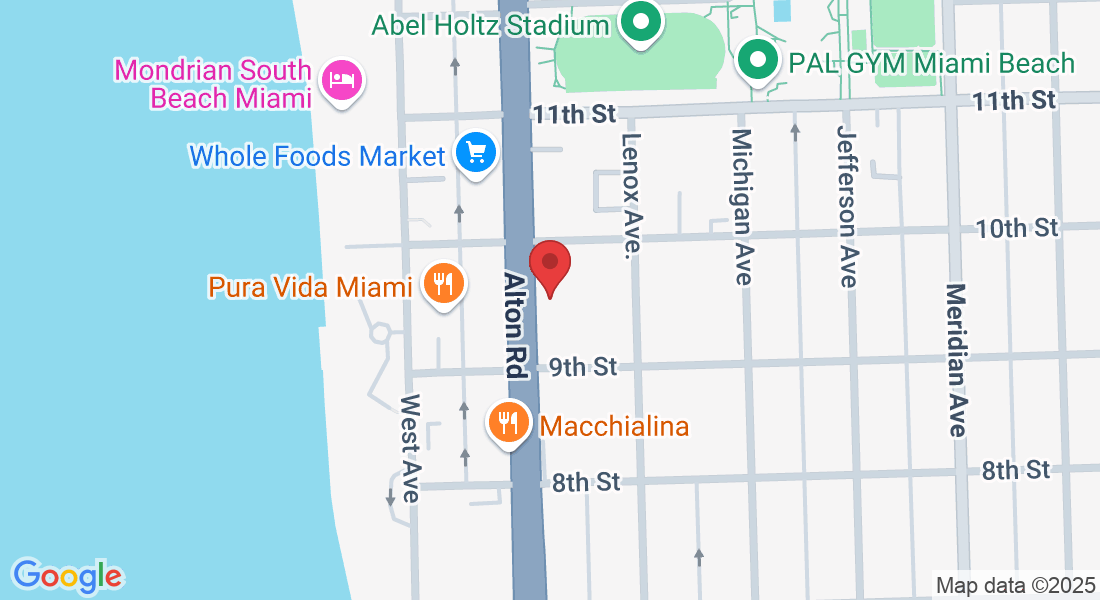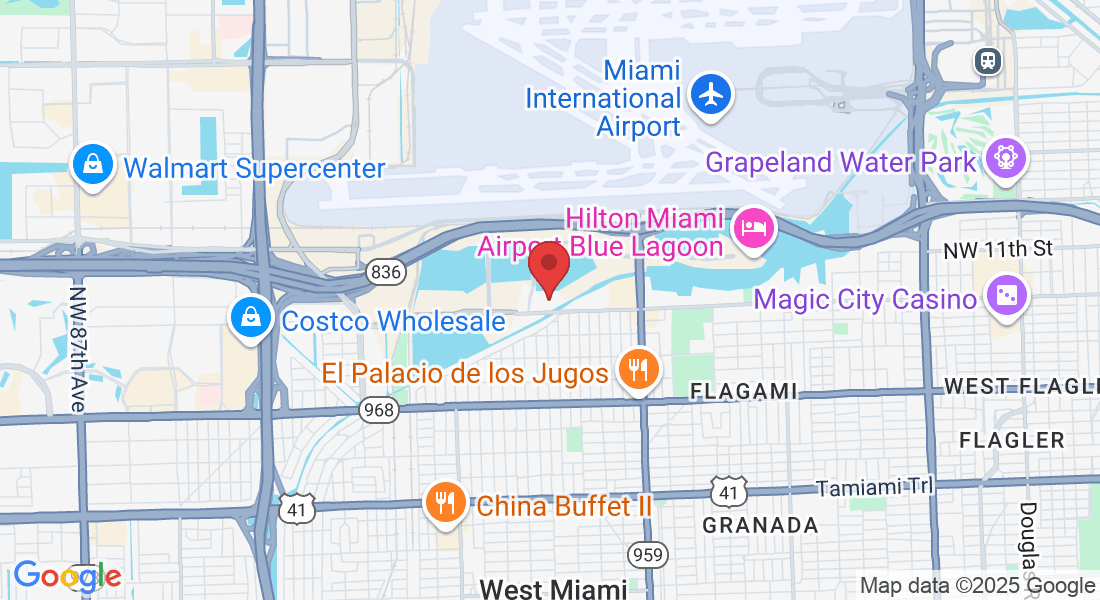📞Call Now: (305) 987-3053
THE ULTIMATE GUIDE FOR MIAMI WAREHOUSE OWNERS
How to Sell for Top Dollar-Fast!
Negotiating Like a Pro
Today, we're going to be talking about negotiating like a pro. Now, negotiating for top dollar for your warehouse does not happen without the ability to read buyers' motivations. What I always tell people is just like people think about residential real estate as location, location, location—when I'm looking at a buyer, it's always motivation, motivation, motivation. What is going to make them pay top dollar for your property? And oftentimes, it's not what you think.
Oftentimes, you can see motivation from the way buyers negotiate, by the way they offer—and it's not always the initial offer. It's usually, and this is a little trade secret,
Something I've learned over the years—is that you watch where they go for their second move.
So for instance, seeing where their initial offer is, and then when you counter, watch where their next movement is. Because that next movement—from where they came in at their initial offer to where they counter your counter—that is going to tell you the most about their motivation. In the 23 years that I've been in this business, the one thing that I've learned is: watch not the first move, watch the second move.
Creating Leverage with Multiple Offers
Let's talk about how to create leverage with multiple offers. I know it might sound like a broken record, but this is one of the most important things I've learned in my two and a half decades in the business: you have to leverage one buyer against another. You can create a bidding frenzy. You can create that auction mentality.
One thing we do to get as much buying activity for sellers that we represent is we will stack our showings one on top of the next. I've gotten full-price offers in the parking lot because one of the people being shown the property overlapped with another, and they saw the other group of buyers and didn’t want to miss out.( FOMO is a real thing.)
This particular property was like a concrete plant, and there were only certain properties that fit the zoning and industrial qualities for the land in the area they wanted. They said,
“We can't miss out. We have to have this.”
So the point is: there are certain things that you can do to trigger that FOMO—that fear of missing out—and that’s what leads to multiple offers. Once you start to get multiple offers, then it's how we pit them one against the next.
What’s very, very important to understand though is: in order to get to the point where you get the buyer frenzy, in order to get to the point where you get multiple offers, the property has to hit the market the first time around at the right price.
Nobody wants yesterday’s day-old bread, right? Everybody wants something that’s fresh and new. So again, you only get one chance to make a first impression.
The best way to do that is set that price about 0 to 5% above what the market is selling for.
If something sold a week or two ago for XYZ in your area of like kind, there's a pretty good chance the market value is within about 5% of that. So, make sure when you're pricing, you price it as close to that strike price as possible. That way, when it hits the market, everybody sees, “Oh, wait—here’s an actual value. It’s not pie in the sky like about 85 or 90% of the offerings out there.” That is how you create leverage with multiple offers—by getting it priced properly so we can get you the highest price possible.
What Terms Matter More Than Price?
Let's talk about what terms matter more than price. What's interesting is that so many people—myself included for many years—used to think that price was the only thing that mattered to people. Now what's interesting is, for some folks, price is not the most important part.
It might be seller financing. It might be a longer close time because they're selling another property. It might be, “Listen, if I can get in with a small deposit because I’ve got my money tied up in another deal.” It might be a contingency. It might be that they’re selling another property. It could be a lot of things. It could be a financial contingency. It could be a zoning contingency.
I’ve seen developers overpay simply because they wanted the seller to be able to keep the property off the market so no one else could grab it while they were figuring out if the zoning was going to work for their intended future use. So, believe it or not, there are some terms that matter more than price itself, which is how we get the most amount of money in your pocket as possible.
Avoiding Getting Shopped Once Under Contract
There is nothing worse than knowing you left money on the table. No one wants to sell a property only to find out the buyer had a same-day closing and next thing you know, you could have gotten another $500,000 or $600,000 or $800,000—whatever—more for your property because they flipped it to someone else.
We are going to prevent that in the way we write your contract so that it's nearly impossible for you to get your deal shopped. Because when someone shops a deal, what they do is get the property under contract, and they start running around to see if they can find someone to buy it. Next thing you know, they’re either holding you up, tying you up with unnecessary extension requests, and most of the time you don’t find out until it’s too late.
But there are ways of avoiding that, and we make sure we protect you in that process.
Assistance Hours
Mon – Fri 9:00am – 5:00pm
Phone Number:
(305) 987-3053
CONTACT US
Assistance Hours
Mon – Fri 9:00am – 4:00pm
Phone Number:
(305) 987-3053


